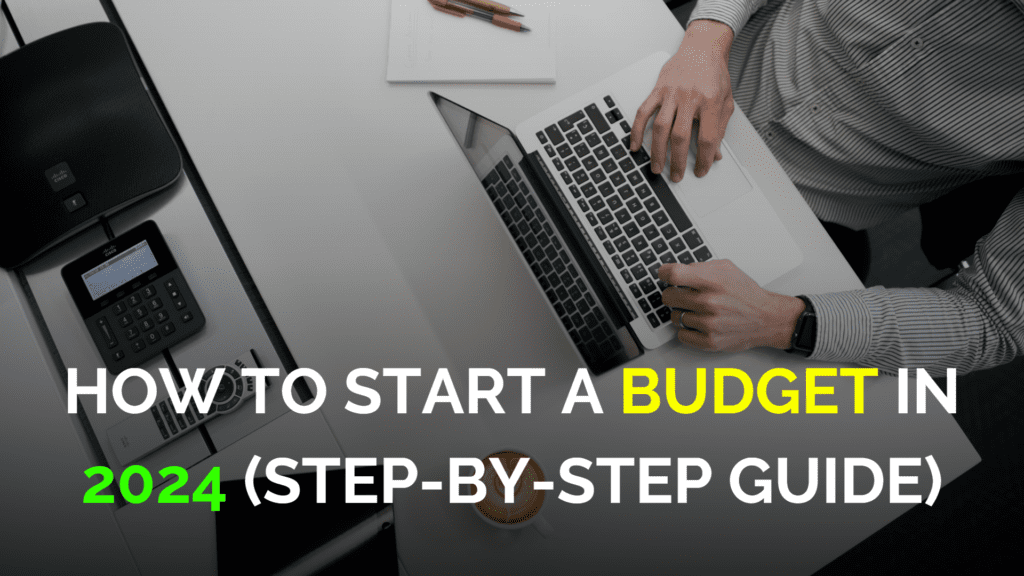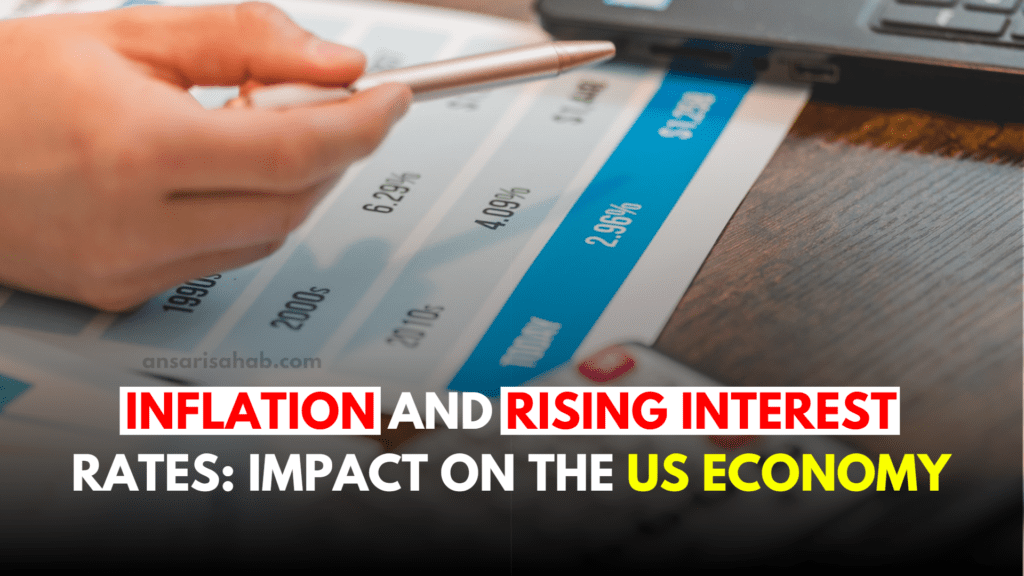Student loan debt is a major financial burden for millions of Americans. It can make it difficult to buy a home, start a business, or even save for retirement. But there is hope. With careful planning and execution, you can manage your student loan debt and get on a path to financial freedom.
In this blog post, we will cover everything you need to know about managing your student loan debt, including how to understand your debt, create a budget, make extra payments, consolidate your loans, explore income-driven repayment plans, and look into student loan forgiveness programs. We will also discuss the impact of student loan debt on your financial freedom, tips for staying motivated, and how to celebrate once you have paid off your debt.
We will also discuss the impact of student loan debt on your financial freedom, tips for staying motivated to pay off your debt, and how to celebrate your financial freedom once you have paid off your debt.
If you are struggling to manage your student loan debt, this blog post is for you. We will provide you with the information and tools you need to get on a path to financial freedom.
How to understand your student loan debt
Student loan debt can be a complex topic, but it is important to understand your debt so that you can manage it effectively. Here are a few things you need to know:
Total amount of debt: This is the total amount of money you owe on your student loans. You can find this information on your credit report or by contacting your loan service provider.
Interest rates: Each of your student loans will have an interest rate. This is the percentage of the loan balance that you will be charged each year. The interest rate will determine how much you pay in interest over the life of the loan.
Monthly payments: Your monthly payments will depend on the total amount of your debt, the interest rates on your loans, and the repayment term. The repayment term is the length of time you have to repay your loans.
How to create a budget
A budget is a plan for how you will spend your money. It can help you to track your income and expenses so that you can make sure that you are able to afford your student loan payments.
To create a budget, start by listing all of your income sources, such as your paycheck, any government benefits, and investment income. Then, list all of your expenses, such as your rent, food, transportation, and student loan payments.
Once you have listed all of your income and expenses, compare the two to see if you are spending more money than you are earning. If you are, you will need to make some adjustments to your budget. You can do this by cutting back on unnecessary expenses or finding ways to increase your income.
How to make extra payments on your loans
If you can afford to, making extra payments on your student loans can help you to pay them off faster and save money on interest. Even an extra $50 or $100 per month can make a big difference over time.
To make extra payments on your loans, you will need to contact your loan service provider. They will be able to tell you how to make extra payments and how the extra payments will be applied to your loans.
How to consolidate your student loan debt
Consolidating your student loan debt involves combining all of your federal student loans into a single loan with a single interest rate and monthly payment. This can make it easier to manage your debt and save money on interest.
To consolidate your student loans, you can apply for a Direct Consolidation Loan from the US Department of Education. You can apply online or by calling the Federal Student Aid Information Center at 1-800-4-FED-AID (1-800-433-3243).
To be eligible for a Direct Consolidation Loan, you must have at least one federal student loan that is not in default. You must also agree to make 120 qualifying payments on your consolidated loan.
Once you have applied for a Direct Consolidation Loan, the US Department of Education will contact you to provide you with more information. Once your loan has been approved, you will receive a new monthly payment amount.
Benefits of consolidating student loan debt
There are a number of benefits to consolidating your student loan debt, including:
- Lower interest rate: When you consolidate your student loans, you may be able to get a lower interest rate. This can save you money over the life of your loan.
- Simpler monthly payment: When you consolidate your student loans, you will only have one monthly payment to make. This can make it easier to manage your debt and budget.
- Access to income-driven repayment plans: If you consolidate your federal student loans, you will be eligible for income-driven repayment plans. These plans can lower your monthly payments based on your income and family size.
Drawbacks of consolidating student loan debt
There are a few drawbacks to consolidating your student loan debt, including:
- Longer repayment term: When you consolidate your student loans, your new loan will have a longer repayment term than your current loans. This means that you will be paying on your loan for longer.
- Capitalization of interest: When you consolidate your student loans, any unpaid interest will be capitalized. This means that the unpaid interest will be added to the principal of your loan, and you will pay interest on the interest.
- Loss of benefits on certain loans: If you consolidate certain types of loans, such as Perkins Loans or Stafford Loans with subsidized interest, you may lose certain benefits, such as subsidized interest or loan forgiveness.
Overall, consolidating your student loan debt can be a good way to save money and make it easier to manage your debt. However, it is important to weigh the benefits and drawbacks before making a decision.
Income-driven repayment plans
Income-driven repayment plans are a type of student loan repayment plan that lowers your monthly payments based on your income and family size. These plans can be a good option for borrowers who are struggling to afford their monthly payments.
There are four different types of income-driven repayment plans:
- Income-Based Repayment (IBR)
- Pay As You Earn (PAYE)
- Revised Pay As You Earn (REPAYE)
- Income-Contingent Repayment (ICR)
To be eligible for an income-driven repayment plan, you must have a federal student loan that is not in default. You must also meet certain income requirements.
To apply for an income-driven repayment plan, you can go to the Federal Student Aid website. You can also call the Federal Student Aid Information Center at 1-800-4-FED-AID (1-800-433-3243).
Benefits of income-driven repayment plans
There are a number of benefits to income-driven repayment plans, including:
- Lower monthly payments: Income-driven repayment plans lower your monthly payments based on your income and family size. This can make it easier to afford your student loan payments.
- Forgiveness: Some income-driven repayment plans offer loan forgiveness after 20 or 25 years of qualifying payments.
Drawbacks of income-driven repayment plans
There are a few drawbacks to income-driven repayment plans, including:
- Longer repayment term: Income-driven repayment plans have longer repayment terms than standard repayment plans. This means that you will be paying on your loan for longer.
- Interest capitalization: Any unpaid interest on your loan will be capitalized each year. This means that the unpaid interest will be added to the principal of your loan, and you will pay interest on the interest.
- Higher overall cost: Over the life of your loan, you may pay more in interest on an income-driven repayment plan than you would on a standard repayment plan.
Overall, income-driven repayment plans can be a good option for borrowers who are struggling to afford their monthly payments. However, it is important to weigh the benefits and drawbacks before making a decision.
Student loan forgiveness programs
There are a number of government and private student loan forgiveness programs available. These programs can help you to have your student loans forgiven, either partially or fully.
Government student loan forgiveness programs
There are a number of government student loan forgiveness programs available, including:
- Public Service Loan Forgiveness (PSLF): PSLF forgives the remaining balance on your federal student loans after you have made 120 qualifying monthly payments while working full-time for a qualifying employer. Qualifying employers include government agencies, non-profit organizations, and certain private companies.
- Teacher Loan Forgiveness: Teacher Loan Forgiveness forgives up to $17,500 in federal student loans for teachers who teach full-time for five consecutive years in low-income schools.
- Perkins Loan Forgiveness: Perkins Loan Forgiveness forgives up to 100% of your Perkins Loan balance if you work full-time for a qualifying employer. Qualifying employers include education agencies, public service agencies, and non-profit organizations.
- Nurse Corps Loan Repayment Program: The Nurse Corps Loan Repayment Program forgives up to 60% of your federal student loans in exchange for working full-time as a registered nurse in a high-need area for two years.
Private student loan forgiveness programs
There are also a number of private student loan forgiveness programs available. These programs are offered by banks and other financial institutions.
To find out more about private student loan forgiveness programs, you can contact your lender or search online.
How to apply for student loan forgiveness
To apply for student loan forgiveness, you will need to contact your loan servicer. Your loan servicer is the company that manages your student loan account.
You can find the contact information for your loan servicer on your monthly student loan statement.
To apply for student loan forgiveness, you will need to provide your loan servicer with certain information, such as your name, Social Security number, and loan account number. You may also need to provide additional documentation, such as proof of employment or proof of income.
The impact of student loan debt on your financial freedom
Student loan debt can have a significant impact on your financial freedom. It can make it difficult to afford a down payment on a home, start a business, or save for retirement.
Here are some of the ways that student loan debt can impact your financial freedom:
- It can make it difficult to afford a down payment on a home. The median down payment on a home in the United States is now $20,000. If you have student loan debt, it may be difficult to save up this amount of money.
- It can delay your retirement. If you are making monthly student loan payments, you may not be able to save as much money for retirement. This could delay your retirement by several years.
- It can make it difficult to start a business. If you have student loan debt, you may not be able to qualify for a business loan. This could make it difficult to start your own business.
Tips for staying motivated to pay off your student loan debt
Paying off student loan debt can be challenging, but it is important to stay motivated. Here are a few tips:
- Set realistic goals. Don’t try to pay off your debt all at once. Set realistic goals for yourself, such as paying off a certain amount of debt each month.
- Create a budget. A budget will help you to track your income and expenses so that you can make sure that you are able to afford your student loan payments.
- Make extra payments whenever possible. Even an extra $50 or $100 per month can help you to pay off your debt faster and save money on interest.
- Find a support system. Having friends or family members who are also paying off debt can be helpful. You can motivate each other and share tips.
How to celebrate your financial freedom once you have paid off your student loan debt
Once you have paid off your student loan debt, it is important to celebrate your achievement. Here are a few ideas:
- Take a trip. You have worked hard to pay off your debt, so reward yourself with a trip to your favorite vacation destination.
- Make a down payment on a home. If you have been saving for a down payment on a home, you can now start shopping for your dream home.
- Start a business. If you have always dreamed of starting your own business, now is the time to do it. You no longer have student loan debt holding you back.
- Save for retirement. If you haven’t been able to save for retirement because of your student loan debt, now is the time to start.
Paying off student loan debt can be a challenge, but it is worth it in the end. Once you have paid off your debt, you will be on the path to financial freedom.
Conclusion
Student loan debt can have a significant impact on your financial freedom. However, there are things you can do to manage your debt and get on a path to financial freedom.
If you are struggling with student loan debt, there are resources available to help you. You can contact your student loan servicer or the Federal Student Aid Information Center for more information.
Additional tips
Here are a few additional tips for managing your student loan debt and getting on a path to financial freedom:
- Make sure you understand your student loan terms and repayment options. This will help you to make informed decisions about how to manage your debt.
- Be proactive about managing your debt. Don’t wait until you are struggling to make payments to reach out for help.
- Consider working with a financial advisor. A financial advisor can help you to create a budget, develop a debt repayment plan, and invest for your future.
Paying off student loan debt can take time and effort, but it is possible. By following these tips, you can get on a path to financial freedom and achieve your financial goals.









